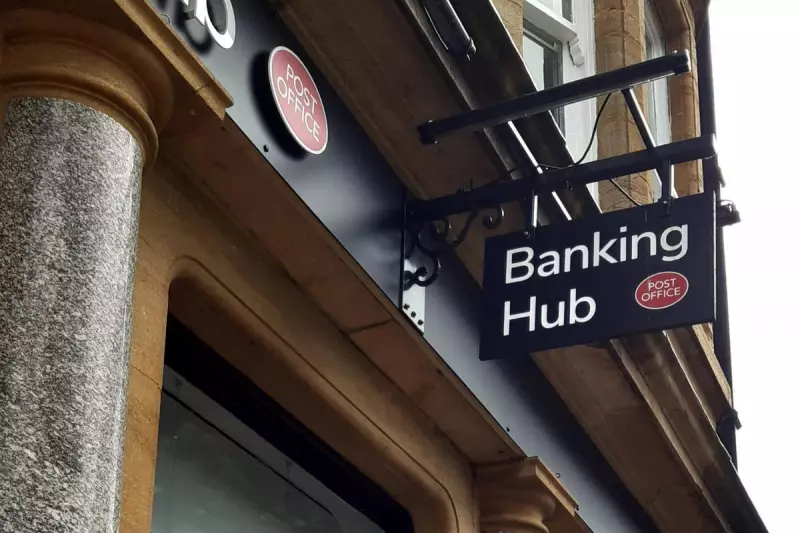
The UK is facing a severe cash access crisis as new data from the Financial Conduct Authority reveals a staggering 53% decline in free-to-use ATMs since 2018. This alarming trend threatens to leave millions of vulnerable residents without essential banking services.
Banking Deserts Spread Across Britain
The comprehensive FCA analysis shows that over 5,800 free cash machines have disappeared from British high streets in just five years. This rapid decline coincides with the closure of nearly 6,000 bank branches since 2015, creating "banking deserts" in both rural and urban areas.
Vulnerable Communities Hardest Hit
Elderly residents, low-income families, and small business owners are disproportionately affected by this financial exclusion. Many rely on cash for daily budgeting and face increased isolation as essential banking infrastructure vanishes from their communities.
Wales Emerges as Crisis Epicentre
The research identifies Wales as particularly affected, with residents in some areas travelling over 15 miles to access basic banking services. Rural communities across Scotland and Northern England also face severe challenges in maintaining cash access.
Industry Response and Regulatory Action
Consumer groups and financial watchdogs are demanding urgent intervention. The FCA has pledged to use new powers to ensure reasonable cash access, while industry initiatives attempt to fill the gap through shared banking hubs and post office services.
The Future of Cash in a Digital Age
Despite the rapid shift toward digital payments, approximately five million UK adults still rely heavily on cash for everyday transactions. The crisis highlights the tension between technological progress and financial inclusion, raising critical questions about equitable access to essential services.
Financial experts warn that without immediate intervention, the decline could accelerate, potentially leaving entire communities without access to physical money within the next decade.





